 If we look deep enough and consider all that was happening during the 1930s, it becomes clear that one of the primary accomplishments – if not a goal stated outright - of the CCC was the preservation of families and family livelihoods.
If we look deep enough and consider all that was happening during the 1930s, it becomes clear that one of the primary accomplishments – if not a goal stated outright - of the CCC was the preservation of families and family livelihoods.Remember that enrollees were required to send all but a few dollars of their $30 monthly pay home to their needy family. FDR and his advisors realized that money accumulating in an enrollee’s footlocker, deep in some forest in Arkansas or Colorado, wouldn’t do the economy much good. For thousands of families, that additional $25 meant the difference between paying the rent and being tossed into the street. The allotment sent home by a son meant food on the table.
While we’ll never know every CCC enrollee story, we’ve got a good grasp of camp life and the work that went into insuring that the family received the monthly allotment. But what of those who remained at home while the young enrollee shipped out to work in a park or forest far from home? We have some of that story through the eyes of the enrollees themselves because they’ve often told of how important that monthly allotment was to their parents or loved ones. But what about the families of the men who ran the CCC camps? What about the foremen and supervisors from the National Park Service, the Bureau of Reclamation and the U.S. Forest Service? What did the creation of the CCC mean to their families?

The Colorado Whoopenhollars, a newly released book offers a glimpse of what it was like to be waiting at home while a father is far away working as a supervisor in the forestry camps of the CCC. The full title of the book is The Colorado Whoopenhollars: Living a Good Life Despite the Great Depression and in it the reader is transported back to a small Colorado town in the 1930s. Through personal recollections, letters and the shared memories and experiences of her four brothers Jean Rutherford Duaine provides a close look at small town life during the Great Depression and just as importantly, she offers an insight into how a father coped with the long months of forestry work that kept him from his wife and small children.
The first section of the book is literally a guided tour of Georgetown, Colorado as the author remembers it from the 1930s. We’re introduced to an extended but tight knit family struggling to look after each other in the midst of a national economic crisis. In addition to siblings, parents, grandparents and uncles, we meet friends and neighbors from town – many of whom are as close as family. Woven through this narrative is the continual longing of a youngster for her daddy, William Rutherford, who is miles and miles away working for the U.S. Forest Service.
 The latter portion of the book contains the texts of the letters that Bill Rutherford wrote to his children during his long absences; but these aren’t really just letters, they’re the story of five youngsters – the Whoopenhollar kids (named Billy, Frank, John, Jean and Glenn after Rutherford’s own children) and their hair raising adventures in the wilds of the Rocky Mountains. A careful reader will come to realize that a longing for loved ones burned in the heart of both the family at home and the forest ranger working in the forest camp far from home.
The latter portion of the book contains the texts of the letters that Bill Rutherford wrote to his children during his long absences; but these aren’t really just letters, they’re the story of five youngsters – the Whoopenhollar kids (named Billy, Frank, John, Jean and Glenn after Rutherford’s own children) and their hair raising adventures in the wilds of the Rocky Mountains. A careful reader will come to realize that a longing for loved ones burned in the heart of both the family at home and the forest ranger working in the forest camp far from home.Part family history, part historical record, part children’s story, The Colorado Whoopenhollars will appeal to readers of all ages. Moreover, despite the national desperation and hardship of those times, the story is upbeat and full of the author’s love of a special time and place.
While not directly related to the Civilian Conservation Corps, The Colorado Whoopenhollars offers a rare look at how the families of this era coped with the long absences of sons, brothers, husbands and fathers while they were away working in the CCC. More importantly perhaps, the book offers a glimpse at one father’s heart warming effort to remain connected to his kids back home.
For more information visit:
The Official Colorado Whoopenhollar website
Disclaimer:Jean Rutherford Duaine is my mom. I couldn’t be more proud of her for writing this book and my enthusiasm probably makes me a biased source but there you have it.

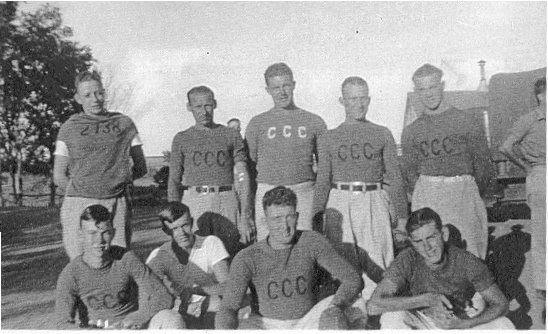

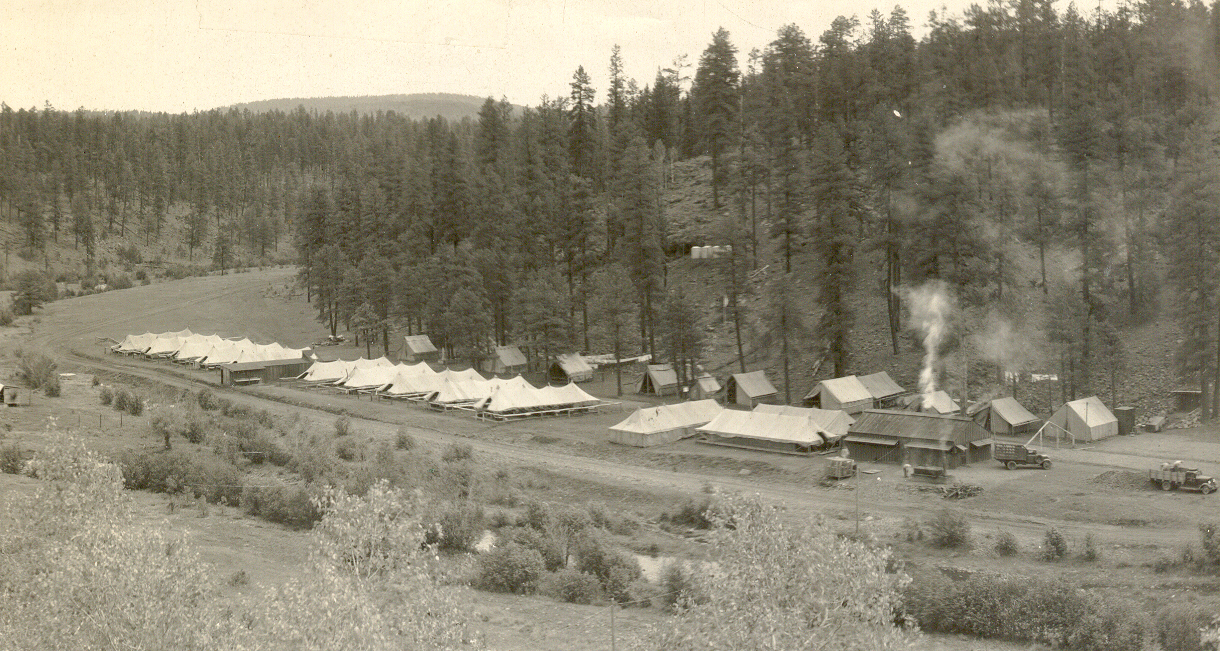
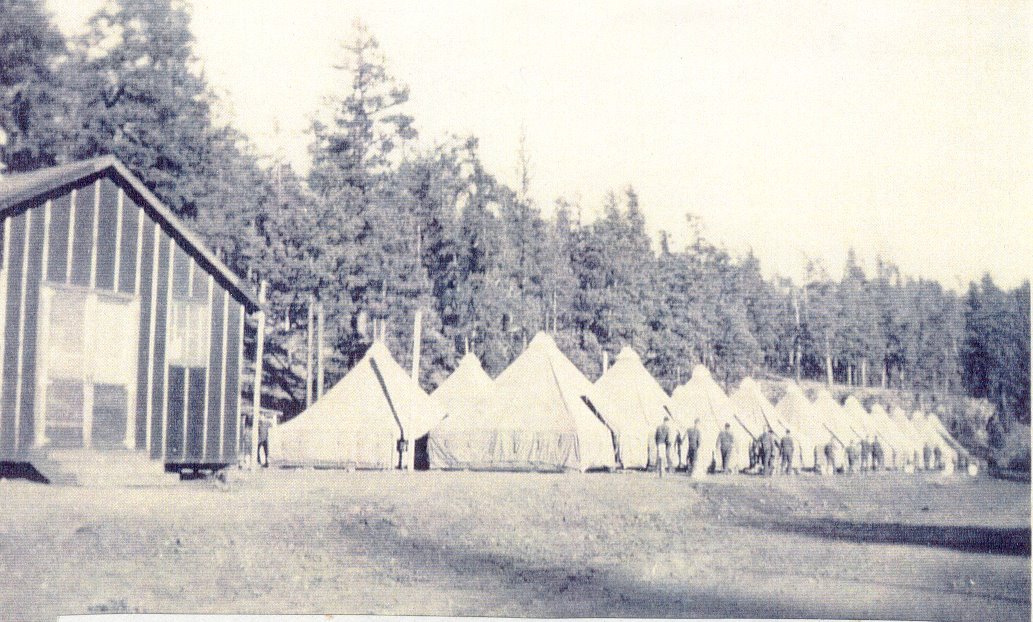
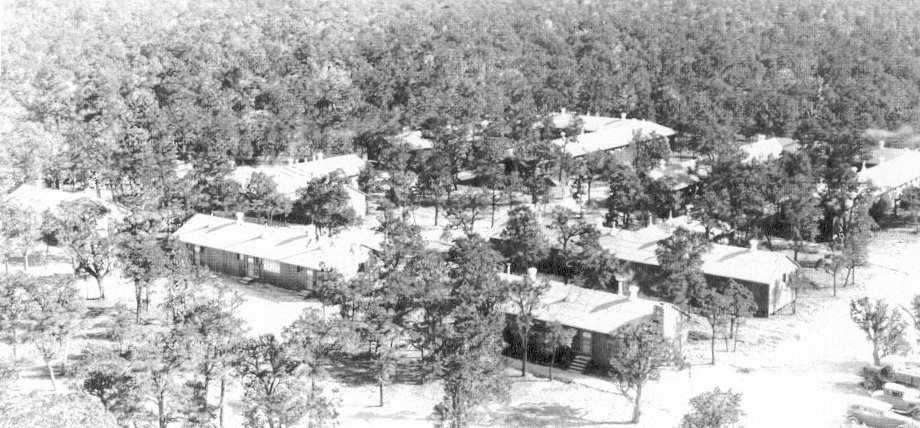
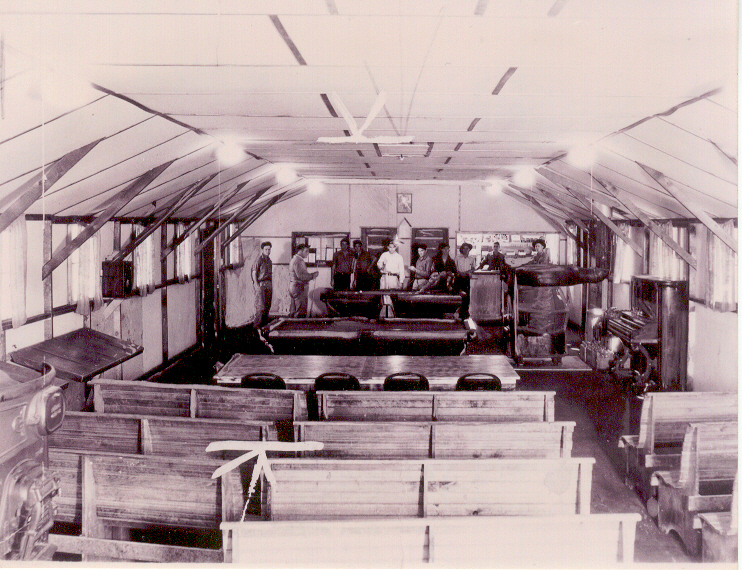
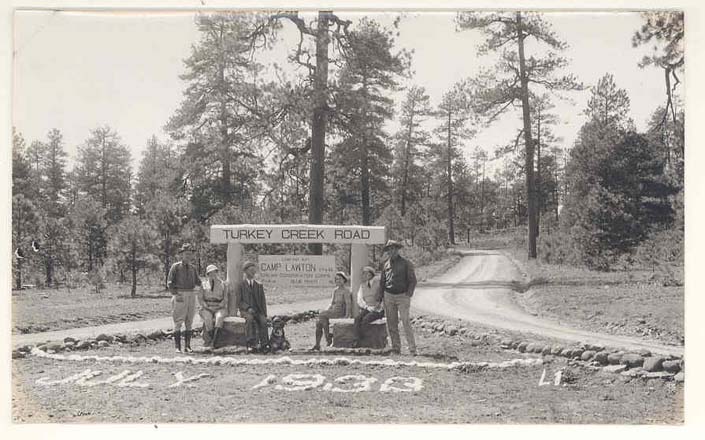
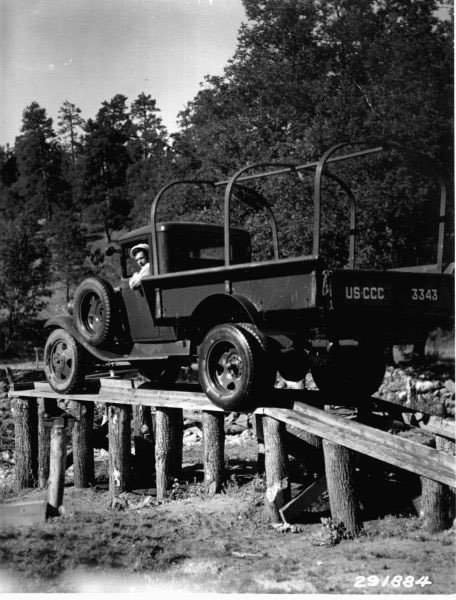
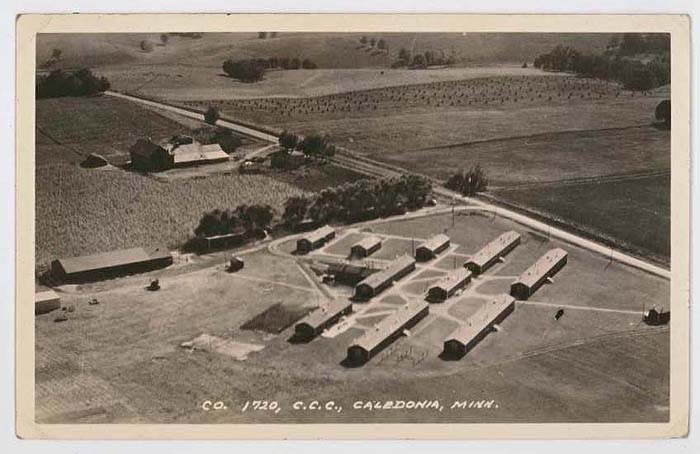
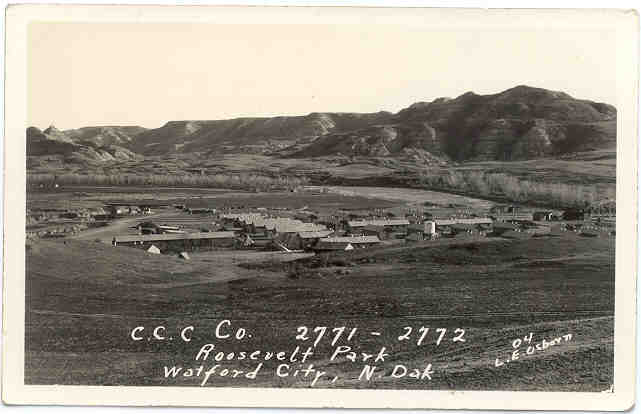
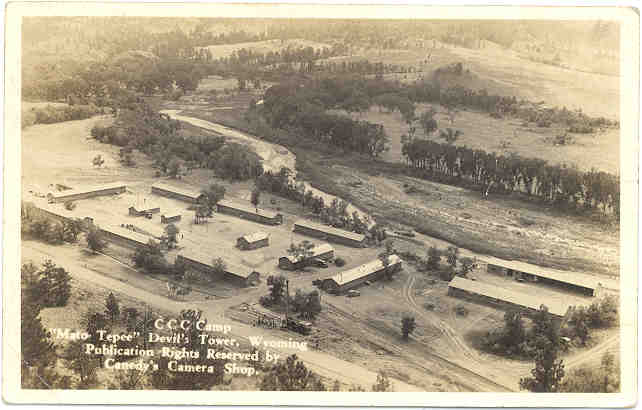
2 comments:
I have listened to your mother's interview by Ryan Warner and I think it was wonderful. She sounds like a most special person. I am so glad she has written her book. I will read it and ask my 16 year old to read it too.
Bless your heart for the kind comments and your interest in mom's book. We're all very proud of her and I think she's just a bit astonished at the reaction the book is getting. Thank you so much for stopping by here, too.
Post a Comment